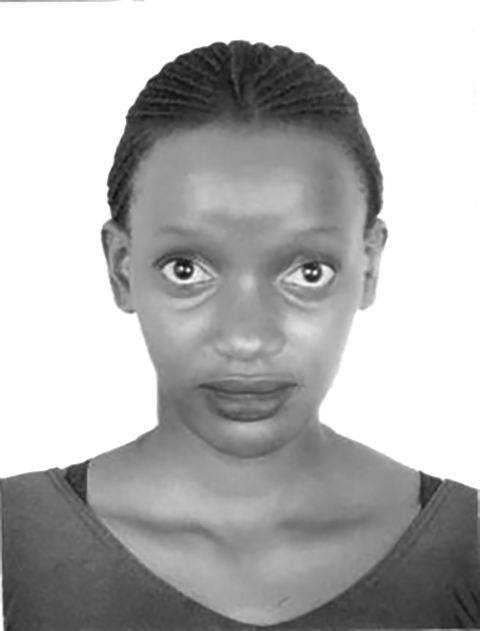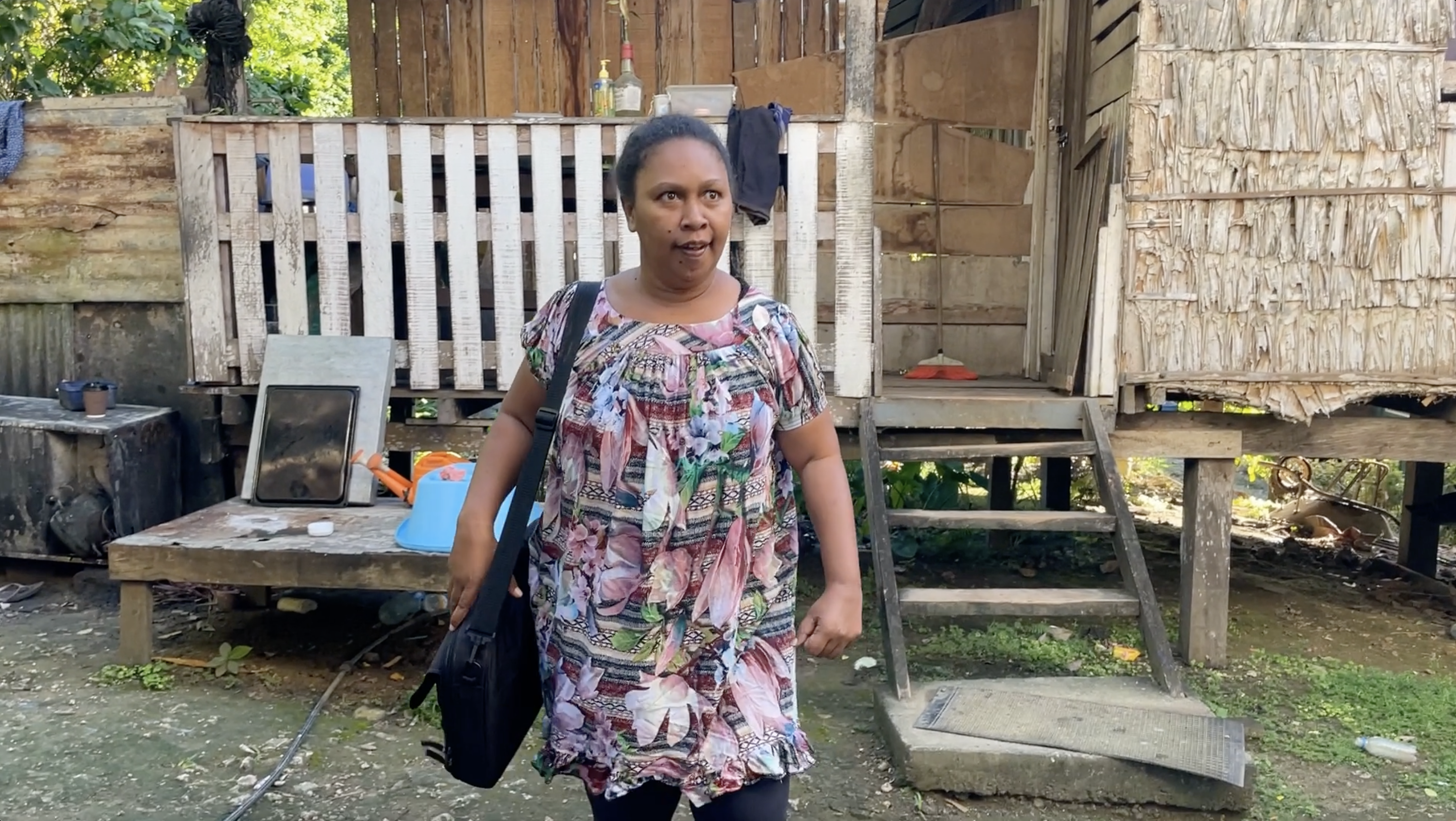Film
‘I Swallow Medicine But Run Short on Food’
Ugandans With Disabilities Who Are HIV Positive Are At Greater Risk of Secondary Infections Because of a Lack of Access To Nutritious Food
Read our instructions on how to watch the video on Able Player.
Katongole Wilson, who repairs phones and radios for a living, says he often must choose between medication and food. Nassazi Resty lost her unborn baby because she didn’t have enough to eat. For Ugandans with disabilities who are HIV positive, maintaining a balanced diet is critical to building immunity and preventing secondary infections and other health challenges, says John Bosco Ssemanda, clinical services and linkages officer at The AIDS Support Organization (TASO). TASO is an NGO that offers various forms of support to the estimated 1.5 million people living with HIV and AIDS in Uganda. Although the organization has been able to provide food and medicine to people with HIV in the past, Ssemanda says they need additional support from the government to continue these programs.

Filmmaker: Nissy Namuyomba
Nissy Namuyomba is an administrative assistant working alongside the executive team at the Masaka Association of Persons with Disabilities Living with HIV/AIDS and a volunteer with the Masaka Association of Persons with Cerebral Palsy in Uganda. Namuyomba supports teams by performing tasks related to organization with strong communication as well as strengthening relationships with the local government to understand disability issues in Masaka City. Namuyomba is experienced in networking with local leaders and is skilled in financial accountability, backed by a degree in business administration and management. Namuyomba is a powerful force in the workplace. She is inspired daily by her desire to create a society that is inclusive of people with disabilities through storytelling and writing.





